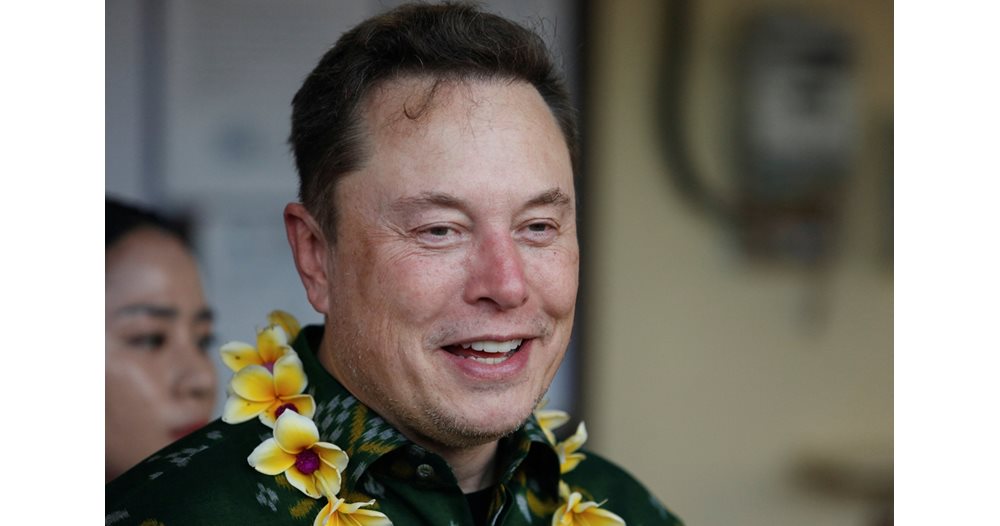#cracking #polluting #battery #factories
An important decision was made by the European Parliament on Tuesday when it approved a major revision of the Industrial and Agricultural Production Emissions Directive, which aims to reduce emissions from industrial facilities and large pig and poultry farms. Two parts of the decree were accepted by an unusually small majority, the agricultural regulation was passed by the parliament with only 393 yes votes, 173 against and 49 abstentions, while the industrial production decision was approved with 506 yes votes, 82 against.
The revised Emissions Directive (industrial emission directive, IED), mandatory strict emission levels are defined for the sectors concerned, and environmental protection performance targets related to water consumption are introduced in order to combat water shortages. In addition, target values for waste, resource and energy efficiency, and raw material consumption were also determined. A new element is that the IED’s scope of application will also cover raw material extraction industrial facilities and large battery production facilities.
From the Hungarian point of view, the most important thing is that target values applicable to battery factories are also determined regarding emissions and water use. These will be stricter than the current national regulations.
Regarding livestock holdings, the IED measures are covered by Article 350 numerous animal units (SZÁE) for pig farming farms, with the exception of producers using extensive or organic practices. Likewise, poultry farms with more than 300 laying hens and more than 280 broilers will fall under the scope of the directive, and for farms with both pigs and poultry, the limit will be 380 units.
In addition, the Commission’s assessment by 31 December 2026 will examine the need for further treatment of emissions from livestock farming, including cattle farming, and a reciprocity clause to ensure that non-EU producers in the EU comply with equivalent standards during export to
Speaker Radan Kanev (People’s Party representative, Bulgaria) emphasized the importance of the parliamentary vote, emphasizing that it is in line with the Green Deal’s environmental pollution-free objectives and commitment to European healthcare. Kanev emphasized to Portfolio at a background discussion in Strasbourg that these goals must be achieved by
not to impose additional administrative burdens on businesses, especially European farmers, and indicated that the EP understands and has heard farmers’ concerns.
As he told our paper, the debate is essentially about the European Green Agreement (European Green Deal), which is a monumental initiative with the aim of making the EU the world’s leading economic power in the transition to a more sustainable future. Kanev highlighted the key role of the directive in reconciling different social interests, strengthening industrial competitiveness and promoting the sustainability of agriculture. He sees the European Parliament, despite facing serious pressure from various stakeholders, including farming communities, skillfully maneuvered between divergent interests to preserve the integrity of the agreement.
It is not surprising that, according to his report, one of the main points of debate was whether agricultural activities would be included in the scope of the directive at all. According to him, many people were frightened by the fact that farmers’ demonstrations are still taking place across Europe, opposing the strict rules, which in many cases generate extra costs.
Competitiveness is in focus, and battery factories are in the crosshairs
“Unfair competition poses huge challenges, a strategic approach is needed to promote innovation and investment in European industries, while maintaining environmental sustainability,” Kanev said when asked by Portfolio about the growing concerns about the global competitiveness of European companies, especially strict environmental regulations and in light of standards. The main problem is that, according to critics, while Europe takes environmental regulations and goals seriously, its main economic rival, China, does not deal with them. The problem is that in this way, the players in the Asian country can produce more cheaply, so it is difficult for European companies to compete with exports from there, which threatens to put them at a competitive disadvantage.
“Before the coronavirus epidemic, the Green Agreement would have been accompanied by a support framework of 1,000 billion euros, but now the program is “without money”. The Recovery and Resilience Facility (RRF) would have taken over this task,
but it seems that the member states are spending on recovery, not on resilience, i.e. on greener investments
he answered our newspaper’s question.
Kanev touched on the complex geopolitical dynamics, particularly the competition between the EU, the US and China in green technologies and clean energy. He sees that the biggest problem is that the member states are competing with each other and disbursing state subsidies that do not help common goals.
Sustainability and new environmental regulatory issues will be discussed in detail at our professional conference.
In response to our question, how effective regulatory frameworks such as the carbon dioxide emissions border adjustment mechanism can be against the export of workers with polluting production technologies to Europe (CBAM), sees that further steps are needed because this alone is not effective enough. The main problem he sees is that the United States and China oppose the introduction of the system, or do inadequately to verify emissions data from factories so that the compensation system can impose punitive duties on EU imports.
“The Americans have been quite violent, they have never accepted similar instruments and they have never seemed eager to sit down to the table to discuss CBAM, in fact they have launched the Anti-Inflation Act subsidy program and imposed their own tariffs on European products” – Kanev explained the problems. He sees that the Biden administration in the USA is pursuing the same protectionist policy on this issue as it was during the presidency of Donald Trump.
In response to a journalist’s question about the new emission rules affecting battery production in Hungary, he said that very important environmental protection standards are defined in the directive, which manufacturers must adhere to. “The already adopted framework excluded battery assembly from the criteria because it is the least polluting production stage,” the Bulgarian MEP explained the details.
“Battery production, on the other hand, is very dangerous and polluting. The relevant regulations will determine in significant detail how to avoid negative consequences in production and what the maximum limits are for licensing facilities,” he added, indicating that this hundreds of pages of documentation is only now being prepared, it will cover water use, for handling the materials used, a to neutralize scrap and wastebut it can take up to 12-24 months to complete.
The approved IDE legislation awaits adoption by the European Council, and after publication in the Official Journal of the EU and subsequent entry into force, member states will have 22 months to comply with the directive’s provisions.
Cover image source: Getty Images











